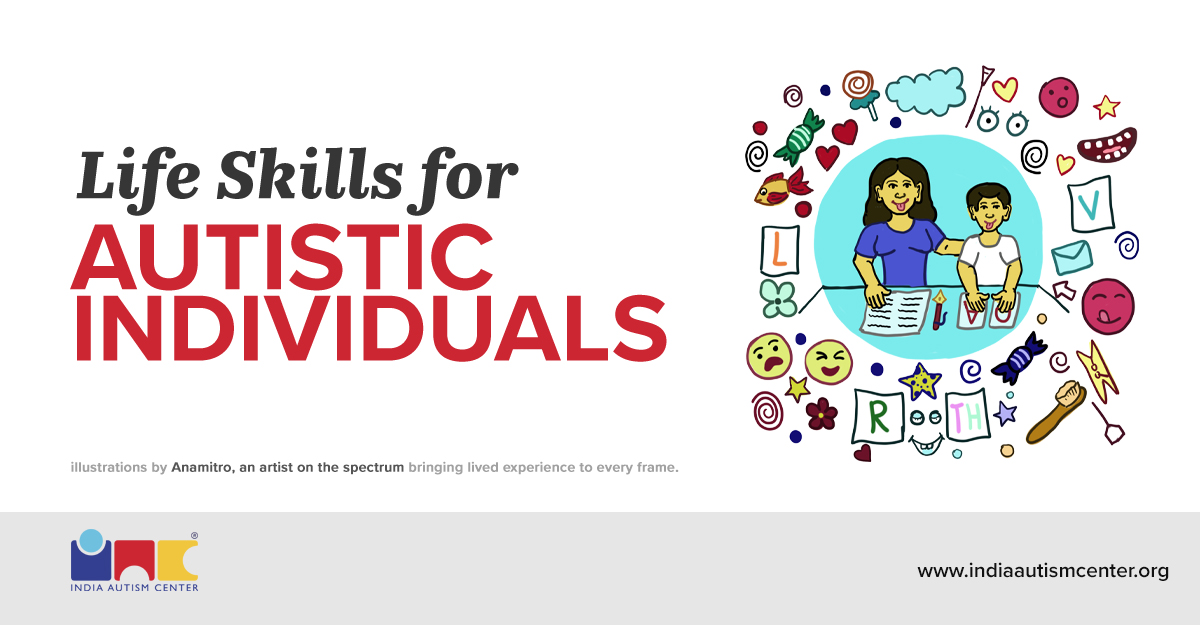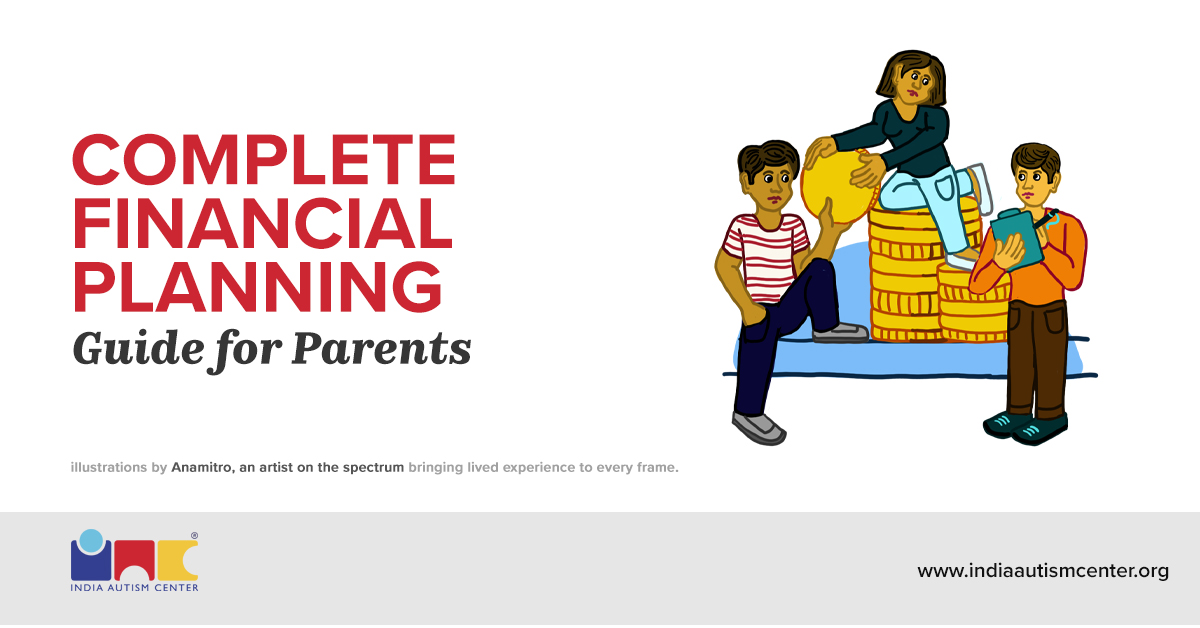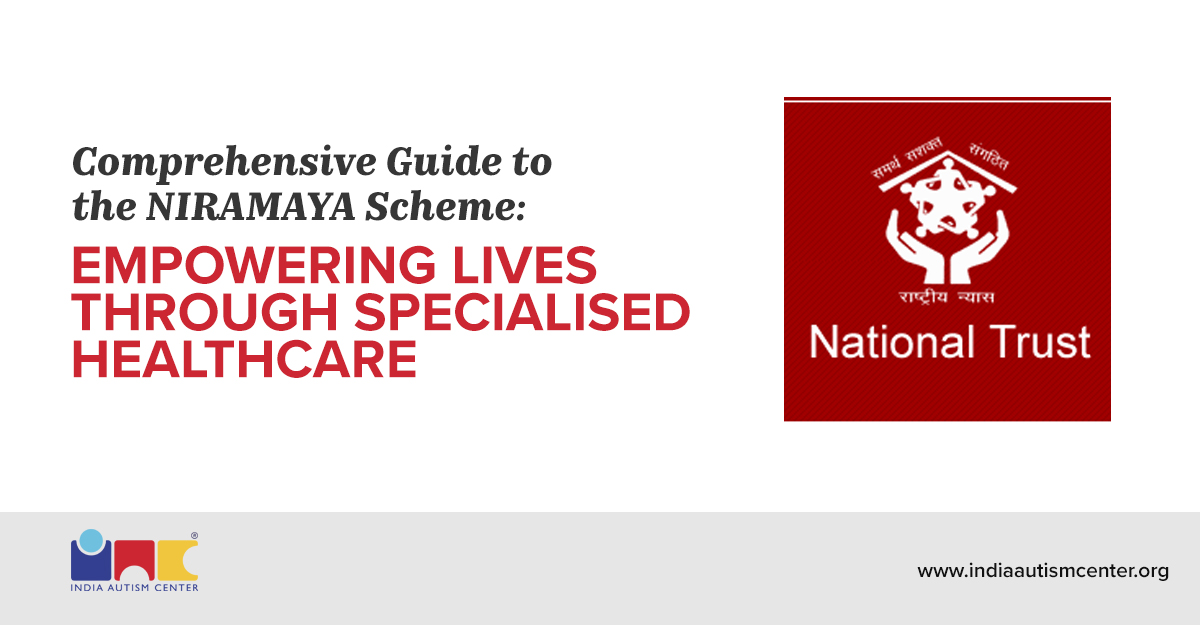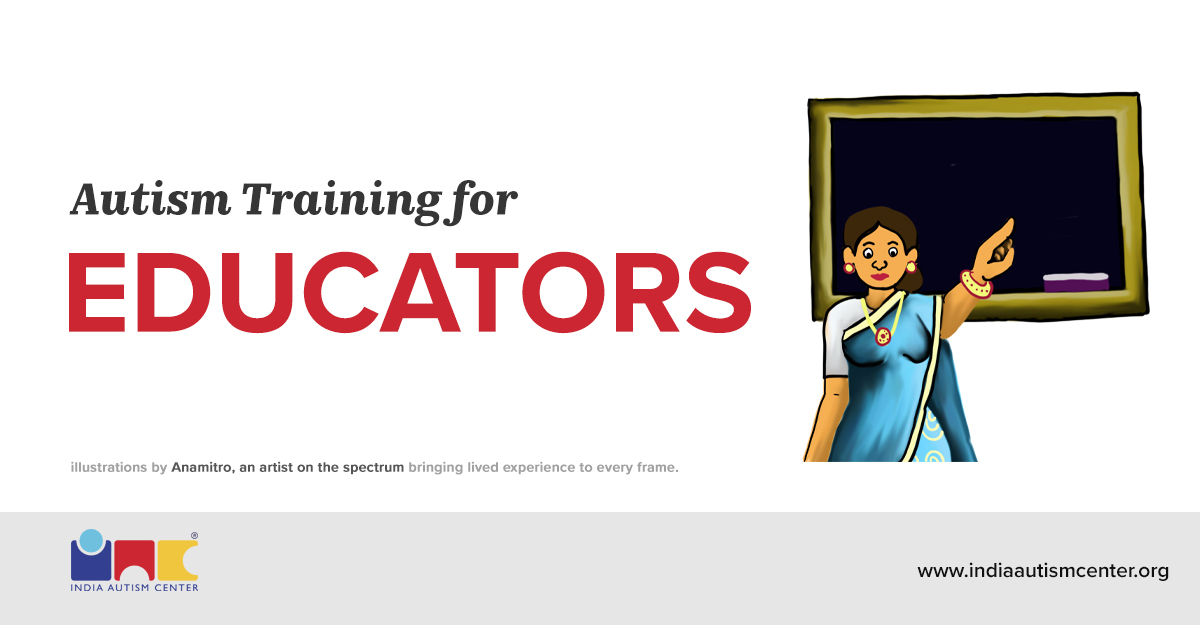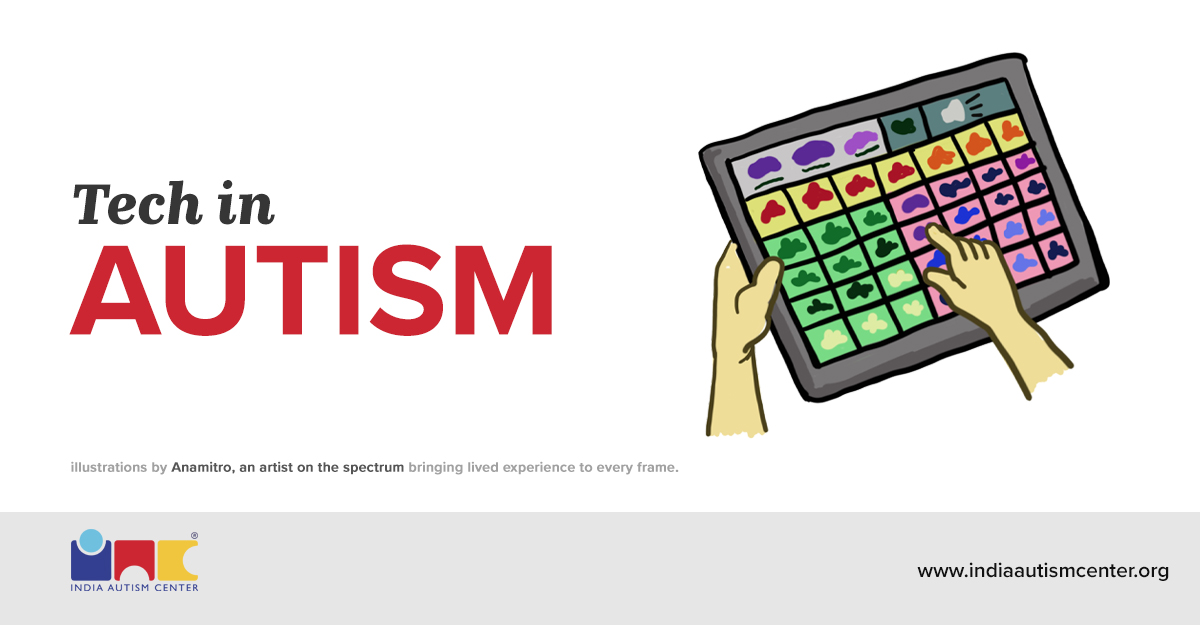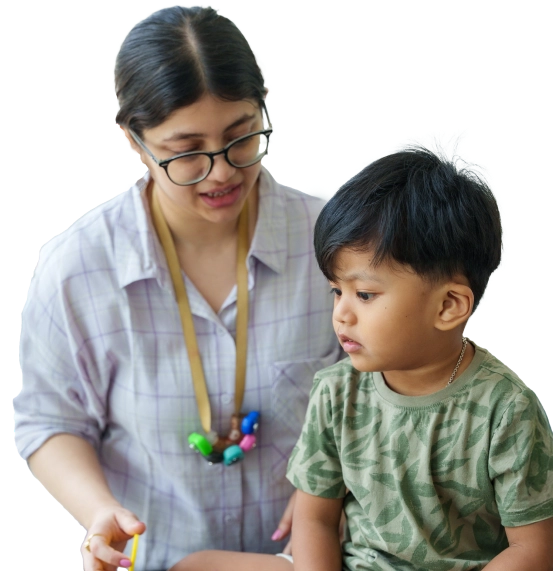A Complete Guide to Building Independence
When we talk about life skills for autistic individuals, we are talking about more than just tasks. These skills are the foundation for confidence, independence, and a fulfilling life. Whether you are a parent, caregiver, educator, or someone on the autism spectrum, this guide is for you.
We’ll explain what life skills are, why they matter, and how you can help nurture them in everyday life. Most importantly, we’ll keep the language clear, direct, and practical so you can take real actions and make a real difference.
Understanding Autism and Life Skills
Autism is a neurodevelopmental condition that affects how a person experiences the world. Every individual on the autism spectrum is unique. Some may be non-verbal, some may need daily support, and others may thrive independently with minimal help
Life skills are abilities that help an individual manage daily life. These skills range from basic tasks like self-care to more complex ones like money management and social interaction. For autistic people, learning these essential life skills is a key part of growing into an independent adult.
When individuals learn to master even a few important tasks, they feel more confident, more capable, and more in control of their lives. These improvements also bring greater happiness and participation in the community.
In this blog, we focus on Autism Life Skills, including Essential Life Skills for Autism and High Functioning Autism Life Skills — explained in simple, supportive language.
Activities and Strategies to Build Life Skills
Developing life skills happens best through real practice, not just talking. Here are some effective strategies you can use:
1. Use Everyday Routines
Turn daily life into learning moments. For example, brushing teeth becomes a step in a self-care routine, and grocery shopping becomes a money management lesson.
2. Create Personalised Plans
Because autism is unique to each person, setting goals one-by-one helps learners feel successful and supported. Break complex tasks into small steps and celebrate progress.
3. Seek Support from Therapists and Educators
Professionals can guide you with strategies like:
- Speech therapy for communication
- Occupational therapy for daily tasks
- Life skills workshops
- Supported employment services
Want to know more? Get in touch with us.
Autism Life Skills Activities
Social Skills Workshops
Autistic individuals often face challenges in social interactions. Engaging in autism social skills workshops can help them learn how to initiate conversations, make friends, and understand social cues.
Occupational Therapy
Occupational therapy can help autistic adults develop fine motor skills and sensory processing abilities. This therapy can enhance their ability to perform tasks related to daily living.
Independent Autism Living Skills Programs
Many organisations offer independent Autism living skills programs specifically tailored to the needs of autistic adults. These programs cover a wide range of skills, including housekeeping, time management, and vocational training.
Vocational Training
Preparing for employment is a crucial aspect of independent living. Vocational training programs can help individuals on the autism spectrum gain skills that are applicable in the job market.
Autism and Independent Living Skills
Living Arrangements: Autistic adults may choose to live independently, with family, or in supported living arrangements. The choice depends on their abilities and personal preferences. Independent living skills for Autism are essential for all these options.
Transportation: Learning to navigate public transportation or drive a car is an essential life skill that can provide greater independence and access to job opportunities.
Health and Safety: Understanding basic health and safety measures is crucial. Autistic individuals should know how to handle emergencies and seek medical assistance when necessary.
Emotional and Psychological Well-being
Developing life skills is not just about practical tasks; it’s also about emotional and psychological well-being. Autistic individuals may experience increased stress and anxiety when dealing with the challenges of daily life. It is essential to provide emotional support and create a safe and inclusive environment.
Encouraging self-advocacy, self-esteem, and self-regulation skills can help individuals on the autism spectrum manage their emotions and mental health effectively.
Want to know more? Get in touch with us.
A Holistic Approach to Life Skills for Autistic Individuals
In nurturing life skills for autistic adults, it’s crucial to adopt a holistic approach. This means considering the unique needs and strengths of each individual. A one-size-fits-all approach may not be effective, as autism is a highly variable condition. Assessments and personalised plans can help autistic individuals acquire the specific life skills they require while harnessing their talents and interests.
You may like to read our blog on specialised support for adults, to know how we do it and how it helps them.
Your Role in Empowering Life Skills
If you are reading this, you likely care about helping an autistic individual thrive. You are already part of their support system. Here’s how you can help:
- Start small — pick one skill to focus on this week
- Make learning fun and practical
- Praise efforts and celebrate improvements
- Use visuals, routines, and step-by-step instructions
- Ask for help from professionals when needed
- Keep a positive and patient mindset
Conclusion
Life Skills for Autistic Individuals are more than checkboxes. They are pathways to independence, confidence, and choice. By teaching and supporting autism life skills step by step — from daily routines to emotional strength — we help individuals thrive, contribute, and feel confident in their world.
Whether someone is learning basic self-care or advanced money management, each success builds a stronger, more independent future. With the right support and strategies, everyone has the potential to live a meaningful and fulfilled life.
Frequently Asked Questions (FAQs)
What are life skills for autistic individuals?
Life Skills for Autistic Individuals are everyday abilities that help a person manage daily tasks independently. These include self-care, communication, social interaction, money management, cooking, and time management. Developing these autism life skills improves confidence, independence, and overall quality of life.
Why are essential life skills important for autism?
Essential Life Skills for Autism help individuals become more independent and self-reliant. These skills reduce dependency on others, improve decision-making, and support participation in school, work, and community life. They also boost self-esteem and emotional well-being.
At what age should autism life skills training begin?
Autism life skills training can begin at any age. However, starting early allows skills to develop gradually and naturally. Even adults on the spectrum can successfully learn and improve life skills for autistic individuals with the right guidance, structure, and practice.
How do life skills differ for high-functioning autism?
High functioning autism life skills often focus on advanced areas such as social communication, workplace behavior, time management, financial planning, and independent living. While support needs may be lower, structured guidance is still essential to build confidence and consistency.
How can parents and caregivers support life skills development at home?
Parents and caregivers can support autism life skills by breaking tasks into small steps, using visual schedules, encouraging daily practice, and maintaining consistent routines. Positive reinforcement, patience, and professional support from therapists or specialised centres further improve outcomes.
For expert insights, support services, and inclusive learning initiatives, contact India Autism Center for more information.

